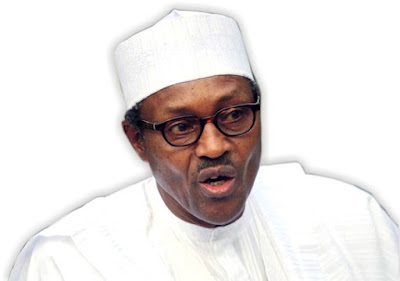Written by the Editorial board of The Guardian Newspaper
It is unfortunate that a simple policy initiative, merger of ministries and agencies of government for ease of bureaucratic business by the one-year-old Muhammadu Buhari administration remains inconclusive till date.
This exercise that ought to follow the convening of the president’s cabinet late last year has remained largely stalled, thanks to inertia in the offices that should coordinate implementation of the presidential directive. This is unacceptable and the exercise should be concluded soonest.
When the president constituted his cabinet last year, he merged some ministries and departments with a view to running a lean and hopefully, nimble, system.
For instance, the ministries of works, power, housing and urban development that used to be three separate organisations, with numerous agencies attached to each of them, became one ministry. Similarly, Aviation and Transport that used to be two separate ministries is now one Ministry of Transportation. It is the same story for Ministries of Police Affairs and Interior now under Interior Ministry. There are many such mergers and the departments or agencies under them need to be re-aligned.
But despite the effects of technology on governance and business practices, which should ensure that decision-making is easier at streamlining the ministries and agencies, the exercise is still taking so much time. This has come to light amid lamentations within government circles that there is so much duplication of functions and redundancies that government can no longer afford.
Given that there is a focal point in the presidency to fast track this process, the Bureau of Public Service Reforms (BPSR) to oversee reform of the public service, headed by a director-general and located in the Office of the Secretary to the Government of the Federation (OSGF), this should not be.
That no progress has been made since is a disgrace to the civil service itself and a disservice to Nigeria. Instead of working to make the system run, most of the state actors have merely been lamenting about the implications of merging of such ministries while working hard to stall it. But the specific objective of the merger is to make agencies of government more functional to “be able to deliver on the current administration’s promise to Nigerians.” And this objective must be realised.
There have been reports that lack of offices, duplication of functions and redundancies have stalled the exercise. But these exactly are what the ad-hoc committee should address expeditiously instead of waiting for miracles or another directive from the president’s office.
So, the government should overhaul the presidential bureaucracy which appears to be in a state of stupor at the moment. Specifically, the Office of the Secretary to the Government of the Federation (OSGF) should be alive to its responsibility in this reform process. If the BPSR appears ill-equipped to coordinate this and the Director-General cannot command the respect of the Permanent Secretaries in the federal bureaucracy, the SGF should take over the process and stamp his authority on it.
In this confused presidential bureaucracy is also the Office of the Head of the Civil Service, (OHCS) which should be active in the reform process. The Federal Civil Service Commission is an integral part of the reform because it is the agency that recruits, disciplines and promotes the civil servants in public service.
It is, however, pertinent to ask if the report and white paper of the Stephen Oronsaye Presidential Committee on the Rationalisation and Restructuring of Federal Government Parastatals, Commissions and Agencies has been burnt. The white paper on that report was issued by the last administration in March 2014. The report itself was submitted in 2012. The Presidential Committee had recommended scrapping of 102 Federal Government statutory agencies from the present 263, abolition of 38 agencies, merger of 52 and reversion of 14 to mere departments in some ministries. Specifically, the Oronsaye Committee report also recommended the discontinuation of funding for bodies and councils.
There was a report early this year that government had adopted the report and white paper for the purpose of restructuring. So, why is there so much delay over an exercise that should make government bureaucracy more operationally efficient?
The presidency and the governing party should recognise the value of an efficient bureaucracy in a democracy and work hard to execute appropriate reforms. The people of Nigeria deserve better from their civil service than what they get now.
(adsbygoogle = window.adsbygoogle || []).push({});


